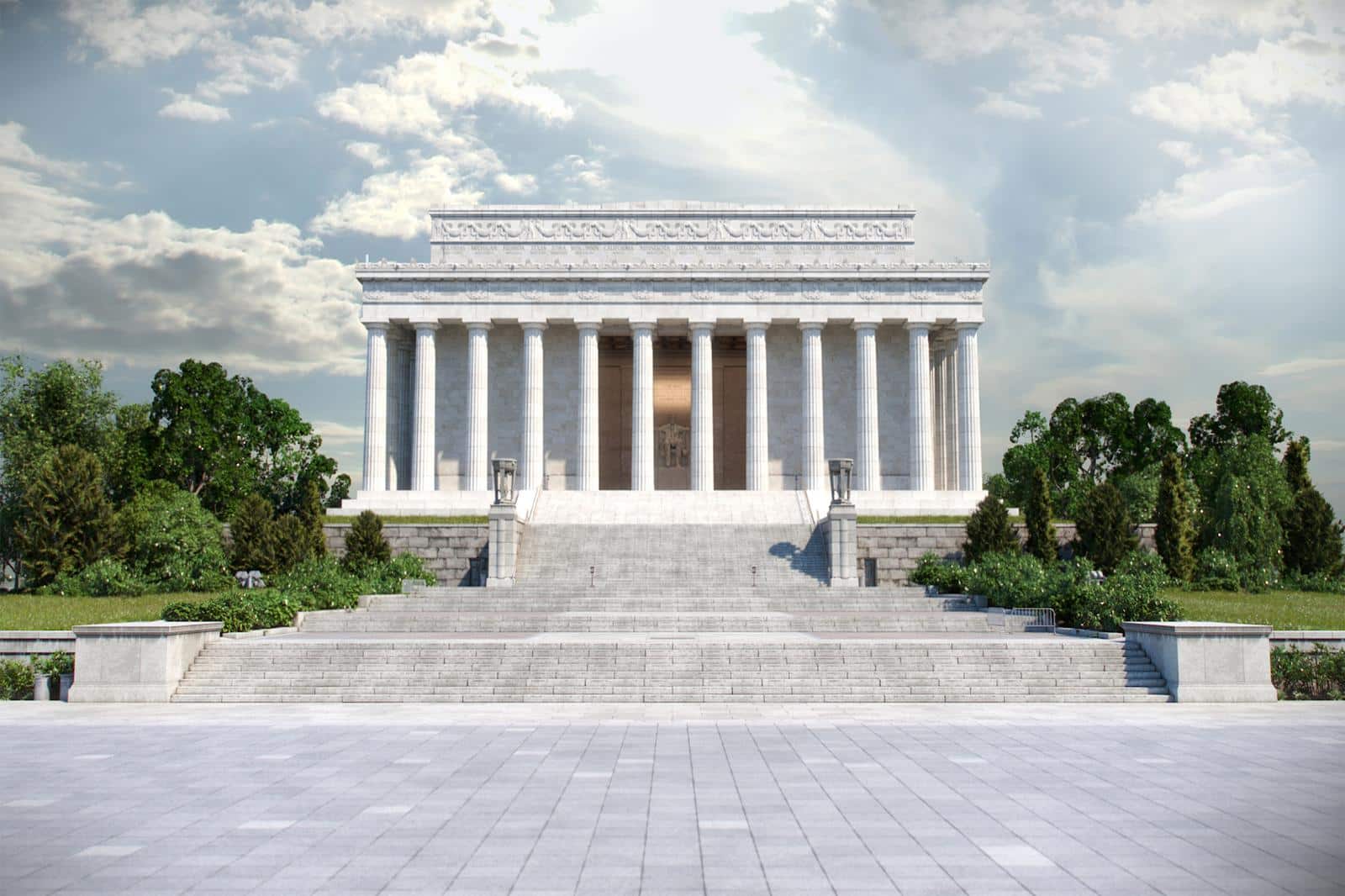Native Americans
The changing face of federalism has been reflected in federal Indian law and policy throughout the history of the United States. Because the framers…
This encyclopedia provides a comprehensive reference explaining the major concepts, institutions, court cases, epochs, personalities, and policies that have shaped, or been shaped by, American federalism. It describes federalism’s creation and evolution, and its influence on local, state, and national governmental institutions, procedures, and policies. The models used to explain the various historical eras in the development of federalism are also included. Originally published by Greenwood Press in 2005, this encyclopedia contained over 400 entries relating to American federalism. In its current online form, entries are being added and old ones updated. See more…

The changing face of federalism has been reflected in federal Indian law and policy throughout the history of the United States. Because the framers…
In Article IV, Section 4, the Constitution declares that “[t]he United States shall guarantee to every State in this Union a Republican Form of…
Extradition and rendition refer to the process of returning a person accused of a crime in one state back to the state where the…
Externalities are uncompensated third-party effects resulting from the production and/or consumption of goods and services. In other words, an externality results from the gap…
President Dwight D. Eisenhower created the White House Office of Intergovernmental Affairs (IGA) in 1955 upon recommendation from the Kestnbaum Commission on Intergovernmental Relations.…
Founded in 1908, the National Governors’ Association (NGA) is a nonpartisan public officials’ association consisting of the fifty-four sitting governors of the U.S. states…
The executive branch is organized around the principal of delivering governmental services that have been assigned to the executive either by the federal or…
American state governments have primary responsibility for education, economic development, transportation infrastructure, some environmental regulation, and the implementation of income support programs. State agencies…
Consistent with Alexis de Tocqueville’s observation that Americans are fond of organizing themselves into a multitude of clubs and other voluntary associations, elected public…
Public administration has been described as the fourth branch of government (the bureaucracy). In many ways public administration is about governance or the capacity…
See Incorporation (Nationalization) of the Bill of Rights
See Incorporation (Nationalization) of the Bill of Rights
Erie Railroad Co. v. Tompkins (1938) overruled Swift v. Tyson (1842), a decision that construed Section 34 of the Judiciary Act of 1789, the…
157 to 169
|
481 Results
The Center for the Study of Federalism (CSF) is a nonpartisan, interdisciplinary research and education institution dedicated to supporting and advancing scholarship and public understanding of federal theories, principles, institutions, and processes as practical means of organizing power in free societies.
All of the CSF Fellows hold advanced degrees, are affiliated with academic institutions, and are scholarly experts in their fields. For more on each Fellow see CSF Fellows.
Most political and public issues in the United States are influenced to some extent by its federal system. Yet many do not understand that system. The CSF website seeks to foster a better understanding among the general public and scholars of federal governing systems generally and, specifically, of the federal system of government in the United States of America.
The CSF materials are free to use for educational purposes. If published, please acknowledge CSF as the source. If you intend to use these materials for profit, please, contact the Center for the Study of Federalism for permission. Some materials on the website are not owned by CSF and permission to use those materials should be sought with those holding legal title to the material.
Click here to sign-up to receive notifications about CSF materials and events. We will not share your email with any outside organizations or individuals.
Please direct all questions and comments related to this website, and inquiries about the research and teaching grants and awards, to us here. Remember CSF is a nonpartisan, interdisciplinary research and education institution.